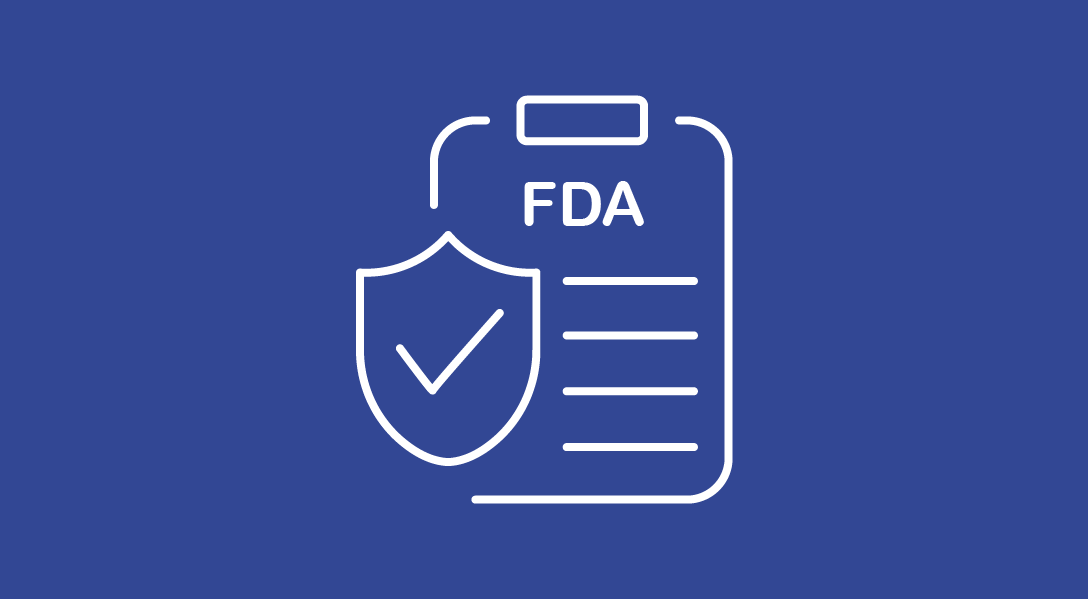
Genitourinary Cancer
Latest News
Latest Videos

Podcasts
More News

Adding perioperative durvalumab to neoadjuvant chemotherapy did not worsen health-related quality of life for patients with muscle-invasive bladder cancer.
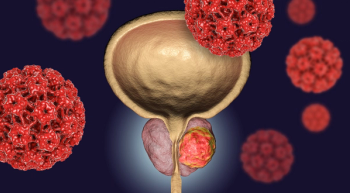
Patient-reported outcomes showed that health-related QOL stayed at baseline for patients with HRRM-positive mHSPC receiving a niraparib regimen.

Subcutaneous pembrolizumab has been approved across all indications, cutting chair and administration times with a median injection time of 2 minutes.

When treating patients with bladder cancer using gemcitabine intravesical system, regular AE monitoring is necessary, said Gary Steinberg, MD.

Formerly known as TAR-200, gemcitabine intravesical system has received the FDA’s approval for use in patients with BCG-unresponsive NMIBC.

IMvigor011 showed significant improvement in survival outcomes with adjuvant atezolizumab in ctDNA-positive MIBC.

New data showed a 72.2% DOR rate in patients with recurrent low-grade, intermediate-risk non–muscle-invasive bladder cancer who had a CR at 3 months.
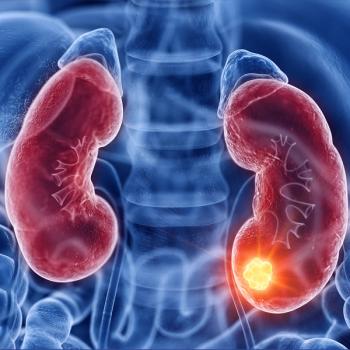
Levels of kidney injuring molecule–1 appear to be predictive of therapeutic benefit in patients with renal cell carcinoma.
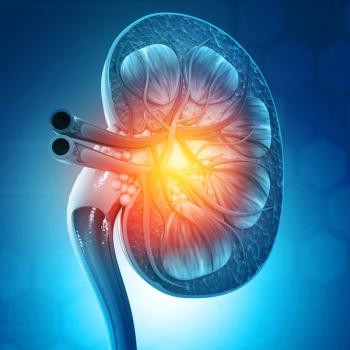
A personalized neoantigen vaccine may be effective in patients with clear cell renal cell carcinoma, shared David A. Braun, MD, PhD.

Oncology nurses can assess patients’ risk factors and advocate for preventive strategies that protect kidney function during cisplatin therapy.

Illuccix, a preparation kit for injectable Ga-68, has been approved to select patients for radioligand therapy before taxane chemotherapy.
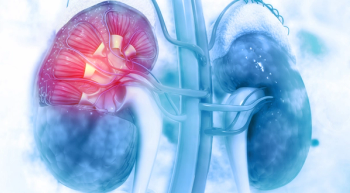
Patients with advanced RCC who were treated with nivolumab plus cabozantinib had a median PFS of 16.4 months compared with 8.3 months from sunitinib alone.

Patients with metastatic hormone-sensitive prostate cancer experienced increase rPFS and other efficacy end points with darolutamide plus ADT.

MyCareGorithm was met with high approval from patients, companions, and physicians, with all 3 groups reporting they’d recommend the tool to other patients.

Patients with mCRPC taking LuPSMA had a median OS of 34 months vs 26 months with enzalutamide alone.

With delays in biomarker testing and treatment for metastatic castration-resistant prostate cancer, continued education is needed to address these gaps.
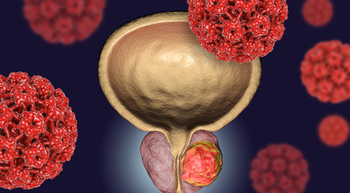
Patients with HRR-deficient metastatic castration-resistant prostate cancer saw a 14-month boost in OS and a 38% lower risk of death with talazoparib plus enzalutamide.

In a phase 1 trial, all 9 patients with renal cell carcinoma treated with a neoantigen-targeting personalized cancer vaccine showed no recurrence at data cutoff.
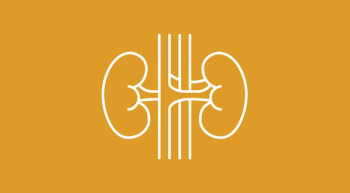
Frontline treatment with belzutifan and cabozantinib resulted in durable responses and a manageable safety profile in patients with previously untreated advanced ccRCC.

Sasanlimab plus BCG improved outcomes in high-risk, BCG-naive non-muscle-invasive bladder cancer.

The FDA accepted a supplemental new drug application to darolutamide plus androgen deprivation therapy for metastatic hormone-sensitive prostate cancer.

Oncology nurses can utilize risk assessment to predict patients at increased risk for cisplatin-induced acute kidney injury.

Follow-up with cholesterol control and audiological assessments is suggested for cisplatin-treated patients with cancer.

Enzalutamide with and without leuprolide improves rates of undetectable PSA levels compared with leuprolide alone in castration-sensitive prostate cancer.

Patients with locally advanced or metastatic urothelial cancer treated with enfortumab vedotin plus pembrolizumab experienced a reduction in the risk for disease progression or death vs chemotherapy.


